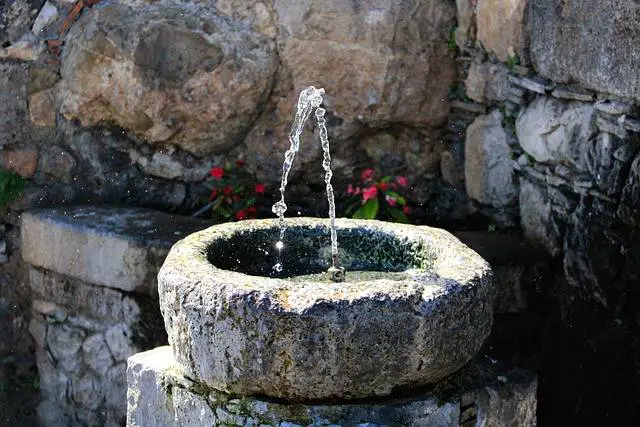What is Hydrogeology? – Meaning, Study and Professional Roles
Compiled by Stanley Udegbunam || Nov 24, 2020
AFRILCATE
WHAT IS HYDROGEOLOGY?
Hydrogeology is the study of the distribution, flow, and quality of underground water.
One major difference between hydrogeology and hydrology is that:
While hydrology studies water occurrence and movement on and beneath the earth’s surface within each phase of the water cycle, Hydrogeology focuses only on the water flow and distribution below the earth’s surface.
In other words, hydrology is the aspect of hydrolysis that studies both surface water and groundwater.
While hydrogeology is that aspect of hydrolysis that is focused on groundwater.
Clear right?
Let’s continue…
HYDROGEOLOGY STUDY
A practitioner of hydrogeology is called a hydrogeologist.
Hydrogeologists are involved in attempting to solve some of the big questions facing the world today, including sustainable water supply, environmental protection; and coping with climate change.
They work closely with a wide range of people, from individual farmers and well owners; policymakers, regulators, and planners.
They also liaise with other hydrogeologists, hydrologists, ecologists, engineers, and other professionals in related fields.

RESPONSIBILITIES OF HYDROGEOLOGISTS
The responsibility of hydrogeologists includes:
- Design and construction of water wells.
- Testing water quality
- Combat groundwater pollution
- Harnessing Geothermal Energy
- Analyzing data and information relating to geological formations
1. Design and construction of water wells:
Hydrogeologists are involved in designing wells for drinking water supply, irrigation schemes, and other purposes.
They also determine the diameter, depth, and pump size required to meet the design requirement of wells.
2. Testing Water Quality:
Hydrogeologists regularly investigate water to ensure that it’s fit for its intended use.
They make sure that water is free from excessively dissolved minerals.
They are also tasked with the responsibility of de-contaminating water wells.
3. Combat Groundwater Pollution:
When the groundwater is polluted, hydrogeologists brainstorm and design effective schemes to clean up, eradicate, or drastically reduce the pollutants.
4. Harnessing Geothermal Energy:
By installing groundwater-based heat pumps, hydrogeologists tap into geothermal energy which is utilized for commercial purposes.
5. Analyzing Data and Information relating to Geological Formations:
Hydrogeologists use geographical data, environment impact assessment, and varying temperature gradients to model groundwater flow.
This enables them to predict areas of groundwater shortage due to excessive well drills or irrigations.
Evaluated data enable them to predict the impact of activities like landfills, constructions, mining and agriculture on groundwater quality and resource availability.
In a nutshell, A hydrogeologist is one who identifies pathways of flow and water recharge, assesses the chemical composition and quality of groundwater and profers solutions to negative findings.
DO YOU KNOW?
There are 4 different underground units that contribute to the formation of groundwater.
They are: Aquifers, Aquitard, Aquiclude, and Aquifuge.
DO YOU KNOW?
There are 4 different underground units that contribute to the formation of groundwater. They are:
Aquifers, Aquitard, Aquiclude, and Aquifuge.


I read your blog. Having very use full information help me a lot. I will read more articles on your blog.
hi, I am Sarah I read your blog it’s a lot of information for me kindly shear more details.